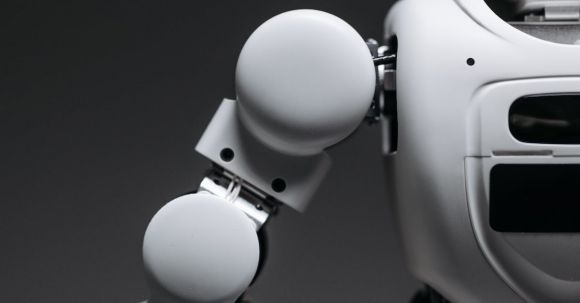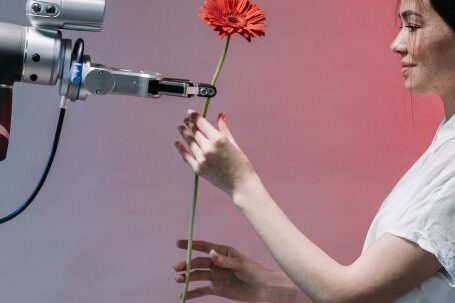Artificial Intelligence (AI) has revolutionized various industries, and innovation is no exception. With its ability to analyze data, identify patterns, and make predictions, AI has become a powerful tool for reinventing innovation. In this article, we will explore how AI is reshaping the innovation landscape and discuss its potential benefits and challenges.
The Role of AI in Innovation
AI has the potential to transform the way we approach innovation. Traditional innovation processes often involve brainstorming sessions, market research, and trial and error. While these methods have been effective in the past, AI offers a more data-driven and efficient approach.
By analyzing vast amounts of data, AI can identify trends, patterns, and insights that humans may overlook. This enables organizations to make more informed decisions and develop innovative solutions that meet the needs of their customers. AI can also accelerate the innovation process by automating repetitive tasks, allowing teams to focus on higher-value activities.
Enhancing Creativity and Idea Generation
Contrary to popular belief, AI is not replacing human creativity. Instead, it is augmenting it. AI-powered tools can help generate new ideas, identify potential opportunities, and even predict market demand. By leveraging AI, innovators can explore a wider range of possibilities and make more informed decisions about which ideas to pursue.
For example, companies like Adobe have developed AI-powered tools that can generate design variations based on user preferences. This not only saves time but also inspires designers by presenting them with new ideas and perspectives. AI can also assist in the ideation process by analyzing customer feedback, social media trends, and market data to identify emerging needs and preferences.
Improving Product Development and Testing
AI can also play a crucial role in improving the product development and testing phase. By analyzing customer data, AI can identify common pain points and suggest improvements to existing products. This enables organizations to iterate and refine their offerings based on real customer feedback, resulting in products that better meet customer needs.
In addition, AI can simulate and predict the performance of new products before they are built or launched. This reduces the risk of failure and allows organizations to make data-driven decisions about which ideas to pursue. For example, car manufacturers are using AI to simulate crash tests, reducing the need for physical prototypes and saving both time and resources.
Challenges and Ethical Considerations
While AI offers numerous benefits for innovation, there are also challenges and ethical considerations that need to be addressed. One of the main concerns is the potential bias in AI algorithms. If the training data used to develop AI models is biased, the resulting recommendations or decisions may also be biased. This can have serious implications, especially in areas such as hiring, lending, and criminal justice.
Another challenge is the ethical use of AI-generated content. With the ability to generate realistic text, images, and videos, AI can be misused to create fake news, deepfake videos, and other forms of misinformation. This raises important questions about the responsibility of organizations and individuals in ensuring the ethical use of AI technology.
Conclusion: Embracing the Future of Innovation
AI has the potential to revolutionize the innovation landscape, empowering organizations to create more impactful and customer-centric solutions. By leveraging AI-powered tools, innovators can enhance creativity, improve product development, and make data-driven decisions. However, it is important to address the challenges and ethical considerations associated with AI to ensure its responsible and beneficial use.
As we embrace the future of innovation, it is crucial to strike a balance between human creativity and AI-powered insights. By embracing AI as a tool for innovation, organizations can unlock new possibilities, drive growth, and create a better future for all.





